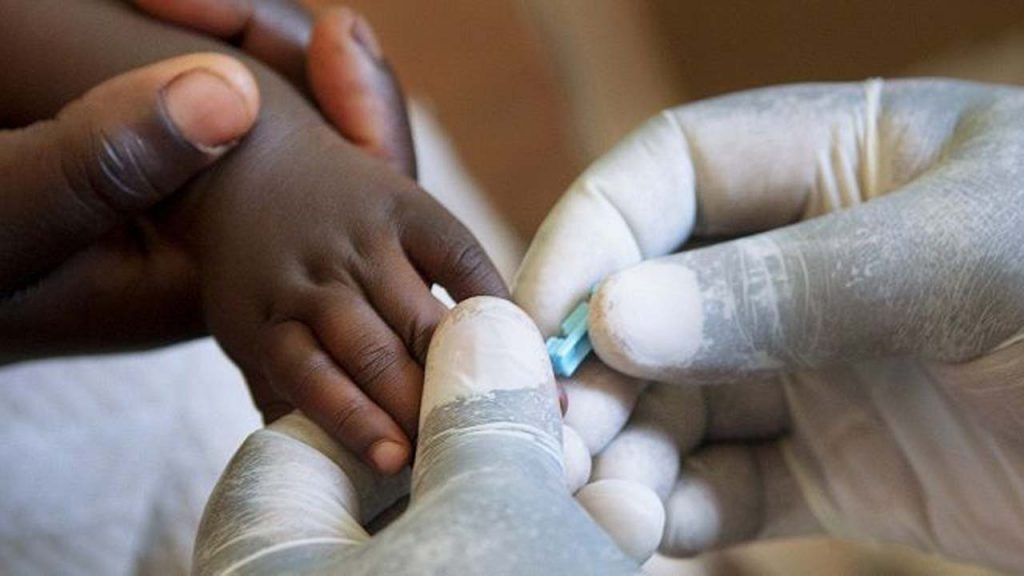Although the series of reports from global health organisations about the declining state of malaria cases and deaths may be cheery news, the revelation that Nigeria accounts for 25 per cent of the global malaria deaths is disappointing and sobering. Added to this dismal situation is the World Health Organisation (WHO) report that, despite the steady decline in other parts of the world, sub-Saharan Africa is still being ravaged by malaria.
Whilst the reports seem like a condemnation of Nigeria and sub-Saharan Africa to never-ending second rate positions, they are also a clarion call on the government and peoples of this country to put on their thinking caps and solve their own problems in more radical ways than are being prescribed.
According to the ‘World Malaria Report 2015’ presented by the World Health Organisation (WHO) ahead of the recently concluded World Malaria Day, there are at present 214 million new cases of malaria and 438, 000 deaths. This is against the 2010 World Health Organisation (WHO) statistics, which reported an estimated 200 million cases of malaria worldwide, resulting in 660,000 deaths. While there has been an increase in the new cases in the last five years, the record of deaths in malaria within the same period was at inverse proportion. What is interesting in all this is that, while there is a decrease both in cases and deaths in other parts of the world, sub-Saharan Africa is experiencing an increase.
The reason for this is not hard to find. Despite the aggressive sensitisation on the benefits of the Long Lasting Insecticide Net (LLIN), that is a sleeping net treated with insecticide to prevent mosquito bites, many Nigerians are still reluctant to use them. Apart from this, poor sanitary conditions caused by environmental and economic factors have also been implicated in the recurrence of malaria. This is besides misdiagnosis, abuse of drugs and drug resistance to the malaria parasite strain. Above all, there is lack of political will on the part of government to sponsor indigenous research in malaria cure and prevention, since many governments seem to rely on sponsorship and research funding from foreign agencies.
One of the notable problems in combating malaria is revealed at the level of national policy, whereby countries embarrassingly depend on western donors to solve their problems, and attention is not being paid by Africans to addressing the problem of malaria. It would be recalled that a few years ago, pharmaceutical giant, GlaxoSmithKline (GSK) researchers, who had been working on a malaria vaccine for about three decades, announced the cheery news, that a malaria vaccine had been manufactured. Initially, GSK did not scheme Africa and other poorer nations into the clinical trials of this vaccine until the Bill and Melinda Gates Foundation, through the nonprofit PATH Malaria Vaccine Initiative, doled out $200 million to include them in the trials. Whether the vaccine has become an exclusive malaria cure, we may not know, but had the vaccine met the 50 per cent efficacy desideratum, it would have been available for public consumption since last year.
To prevent the high incidence of malaria, one of the most publicised initiatives by the National Malaria Elimination Programme (NMEP) is the use of LLIN. This initiative, which authorities of the NMEP said had attained 80 per cent coverage, serves to drastically reduce malaria, if not eliminate it, without eliminating mosquitoes. While the eco-balancing concept of this initiative is recognised, steps must also be taken to address the human geographical and environmental situations that contribute to breeding of mosquitoes. In this regard, local health and sanitation officials should enforce strict adherence to proper hygienic and sanitation regimes laid down by health authorities.
At the level of policy, national authorities should not be caught in the web of corruption that turns malaria-prone countries into beggarly appendages of ‘malaria politics.’ African and Nigerian medical and scientific research organisations should ensure that funding and research into their problems are sponsored and initiate ideas and work out modalities to address them. Leaders must not wait for special foreign organisations and research agencies of more powerful western nations, to reluctantly address our health issues by turning us into guinea-pigs for their own medical research initiatives. A nationally guided pro-active research should be instituted.
Providence has endowed Nigeria with the resources it needs to address its own environmentally generated medical problems, especially malaria. Long before malaria became a globally politicised disease, pitching great pharmaceutical blue chips along antagonistic economic divides, Africans have been dealing with the disease. The wherewithal to deal with malaria still abounds in untapped resources. Therefore, African researchers should reflect deeply and use today’s technology and scientific refinement to find a link between the resourcefulness of their forebears and the present challenge of malaria. What is needed to drive this is a self-redirection by the government and a re-orientation of mentality.
Given the climatic and environmental challenges which people face in this part of the world, it is high time stakeholders on the national malaria elimination programme started embarking on ambitious projects of genetic engineering on mosquitoes and vaccine production. Whatever form such projects would take is the task of the stakeholders. The beginning of any success story towards elimination of malaria lies in developing a spirit of not giving up.

